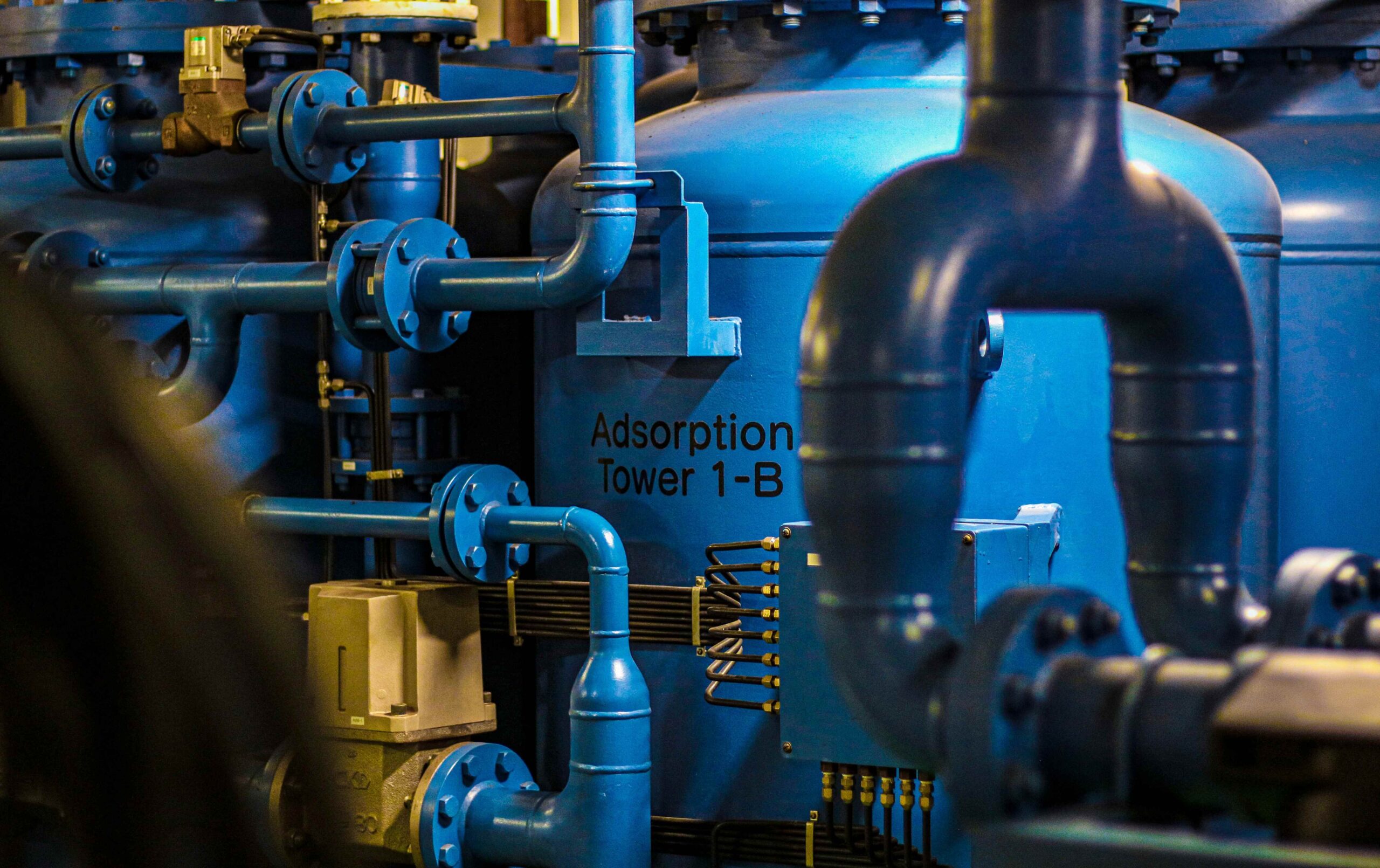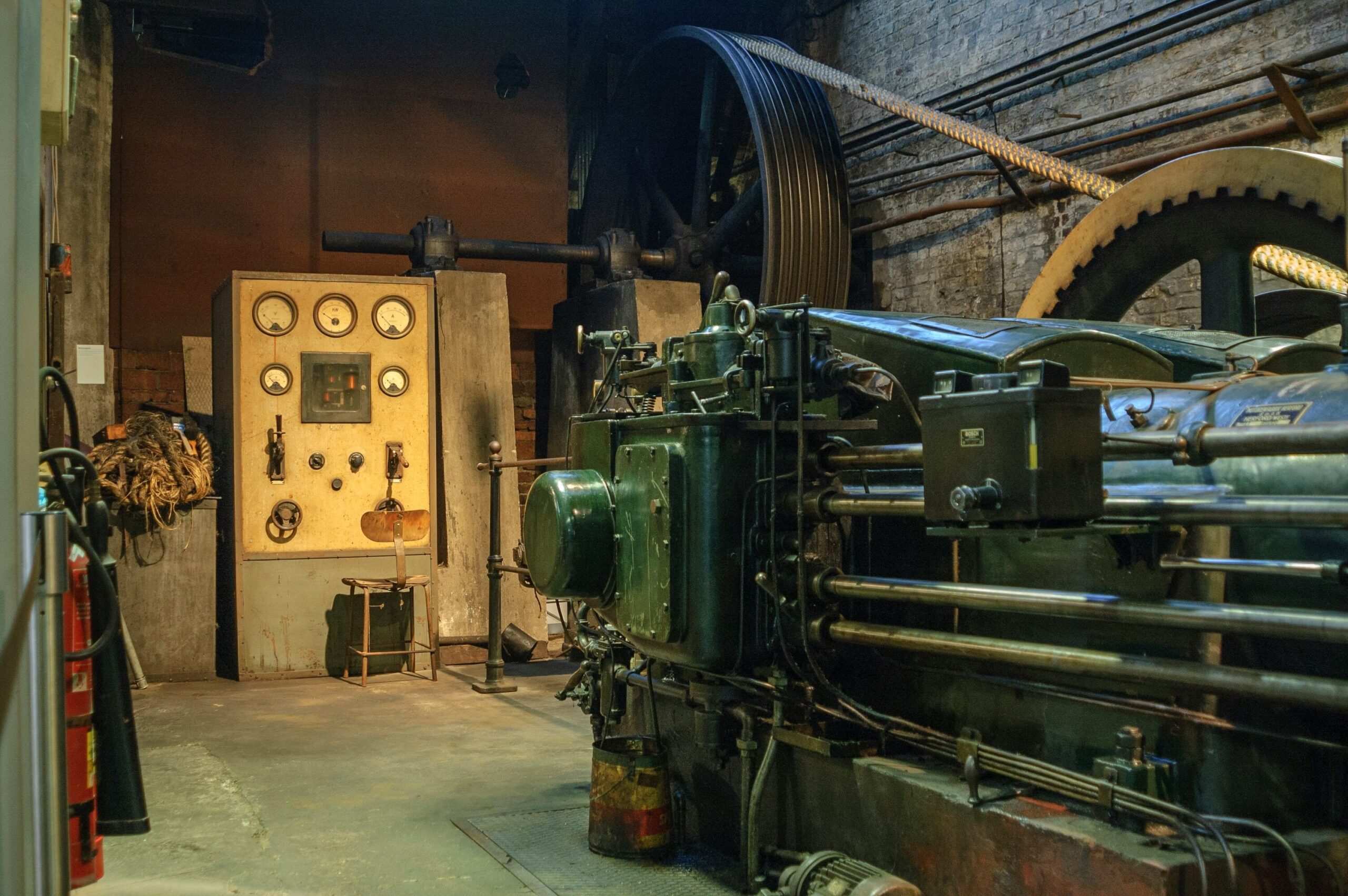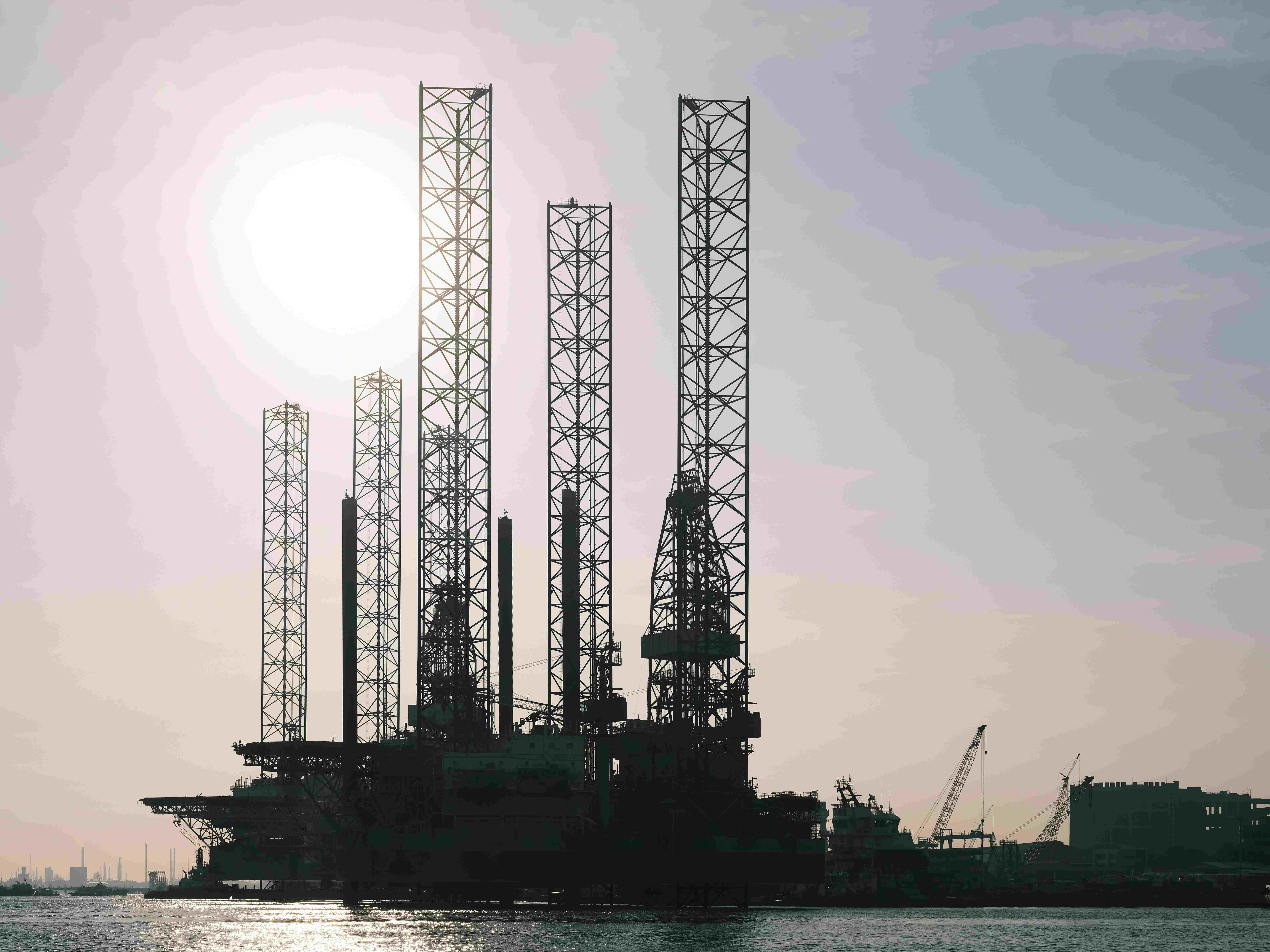Cross-Industry Collaborations for Sustainable Bunker Fuel Solutions
Introduction The maritime industry is under increasing pressure to reduce its environmental impact and transition to more sustainable fuel options. Achieving these objectives requires innovative approaches and collaborative efforts across various sectors. Cross-industry collaborations play a pivotal role in driving significant advancements in
Regenerative Fuel Technologies and Their Applicability to Bunker Fuels
Introduction As the maritime industry seeks to reduce its environmental footprint and dependency on fossil fuels, regenerative fuel technologies have emerged as a promising solution. These technologies aim to produce fuels from renewable resources, offering the potential to significantly lower greenhouse gas emissions.
Impact of Bunker Fuel Quality on Marine Engine Wear and Tear
Introduction The quality of bunker fuel plays a pivotal role in the performance and longevity of marine engines. Variations in fuel quality can significantly impact engine wear and tear, influencing maintenance schedules, operational costs, and overall vessel efficiency. This article examines how bunker
Optimization of Ship Route Planning for Reduced Bunker Fuel Consumption
Introduction With growing pressure to reduce environmental impacts and operating costs, the maritime industry is focusing on optimizing ship route planning to lower bunker fuel consumption. Advanced route planning techniques and technologies can significantly cut fuel usage, reduce emissions, and enhance operational efficiency.
Technological Innovations in Bunker Fuel Heat Exchangers
Introduction In the maritime industry, heat exchangers are crucial for maintaining bunker fuel systems. These devices are responsible for heating heavy fuel oil (HFO) to the necessary temperature for optimal combustion in marine engines. With increasing environmental regulations and demands for higher efficiency,
Impact of COVID-19 on the Bunker Fuel Industry
Introduction The COVID-19 pandemic has profoundly affected global industries, and the bunker fuel industry is no exception. Bunker fuel, essential for the maritime industry, experienced significant disruptions due to the pandemic. From decreased demand and fluctuating prices to regulatory challenges and changes in
Bunker Fuel Spill Response Strategies and Technologies
Introduction Bunker fuel, a heavy and viscous type of fuel oil used in marine vessels, poses significant environmental threats when spilled. Its complex composition, including high sulfur content and heavy metals, makes it particularly challenging to manage and mitigate. Effective response strategies and
Advances in Marine Diesel Engine Technologies for Bunker Fuels
Introduction Marine diesel engines are the workhorses of the shipping industry, powering vessels that facilitate the global movement of goods. With environmental regulations tightening and fuel prices fluctuating, there is a growing impetus to advance marine diesel engine technologies. These advancements aim to
Combustion Kinetics and Mechanisms of Bunker Fuels
Introduction Bunker fuels, primarily heavy fuel oils (HFO), are the lifeblood of maritime shipping, powering the engines that transport goods across the globe. Understanding the combustion kinetics and mechanisms of these fuels is crucial for optimizing engine performance, reducing emissions, and developing cleaner
Integration of Renewable Energy Sources in Bunker Fuel Systems
Introduction The maritime industry is a critical component of the global economy, responsible for transporting 90% of international trade. However, it is also a significant contributor to environmental pollution, emitting approximately 940 million tonnes of CO2 annually. To address this, the industry is










